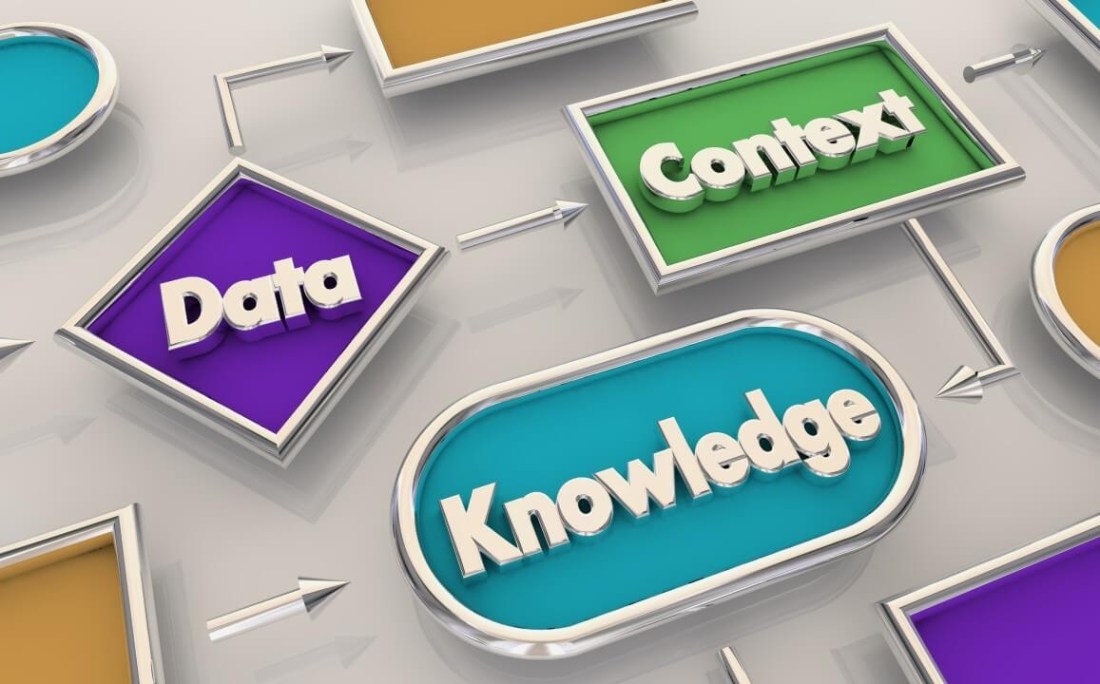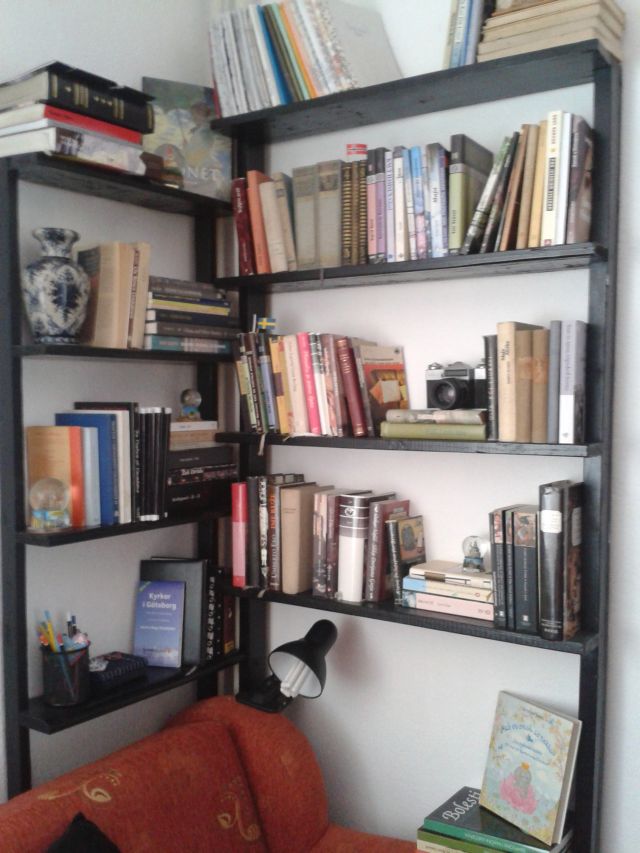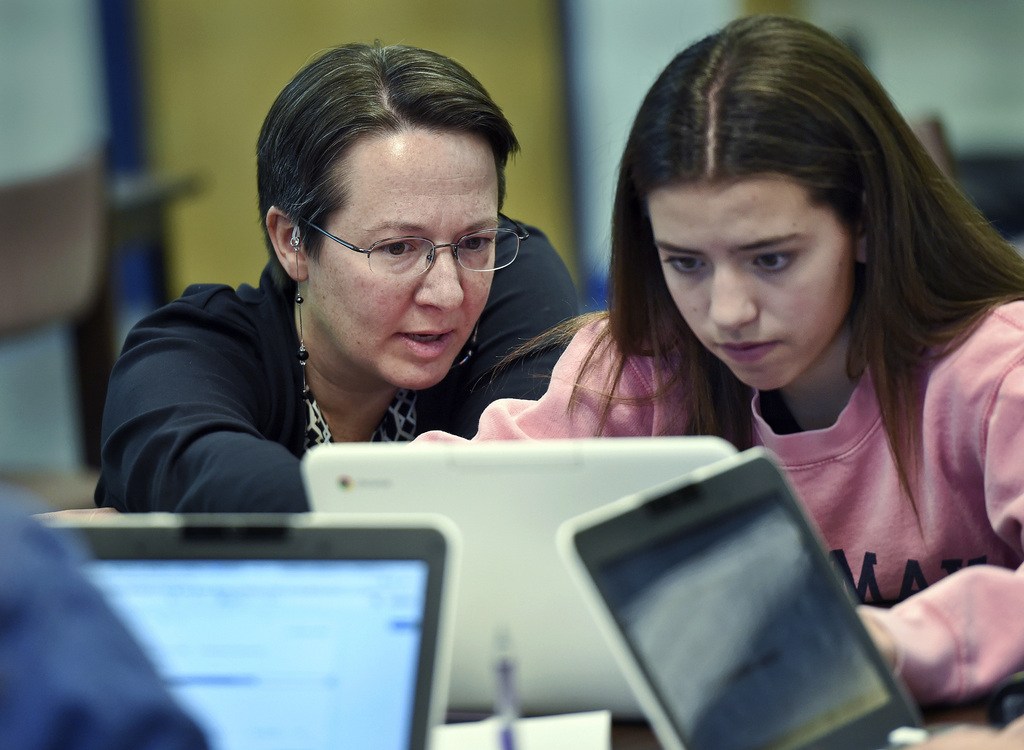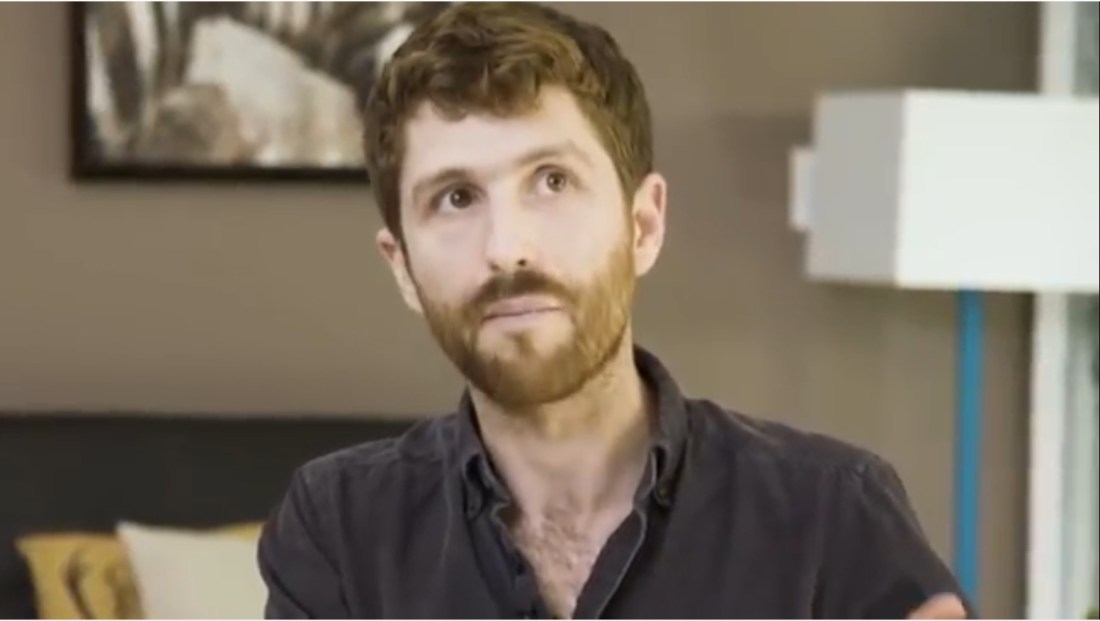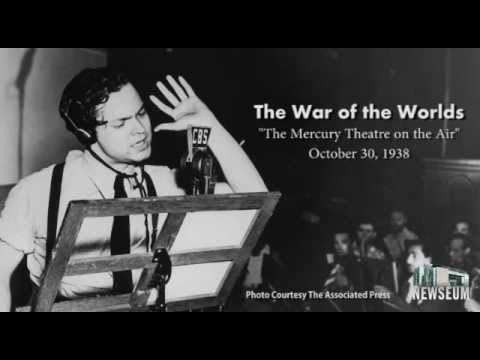For several years now, I have lamented that the notion of literacy commonly used is an either / or concept: people are considered to be either literate or illiterate.
I find this approach is too crude to be useful for my work (broadly, for lack of a better term, “natural language search” — note that “search” itself has traditionally been referred to as “information storage & information retrieval”).
The previous sentence shows how even the term “levels” could be misleading — if it were interpreted as strictly referring to “higher” or “lower” levels, rather than as “different” modes. While “information storage & retrieval” were previously commonly used in (exclusively) academic settings, the term “search” was generally not used at all previously (in any setting) in the academic sense of “information storage & retrieval” (mainly because the corresponding search technology was not yet as far advanced or as widely available). Today, academics may still in some cases refer to “information storage & retrieval” (especially when distinguishing the different steps in the process), but probably not in colloquial or public settings. Since “search” is now in such widespread use, it is obviously used in most general settings.
The above example shows how muddy and complicated these waters are — and now adding metaphorical usages complicates matters even more (it is indeed, a very tangled web we weave 😉 ).
To say literacy is simply either present or absent is a vast oversimplification of a very complex can of worms.
Therefore, I invite you all to share any thoughts or ideas related to distinguishing different forms, levels, modes or whatever when referring to literacy.
In this vein, I should probably also point out that some people have already introduced specific subsets of literacy (such as “media literacy”, “computer literacy”, “online literacy”, etc.). Maybe none of these are mutually exclusive. Maybe they are insufficient, maybe they are not exhaustive. Is being able to distinguish a cookbook from a Bible a matter of literacy? In my book, it is.
What about you? What do you think? At this point, I feel like: The more opinions, the merrier! 😀

